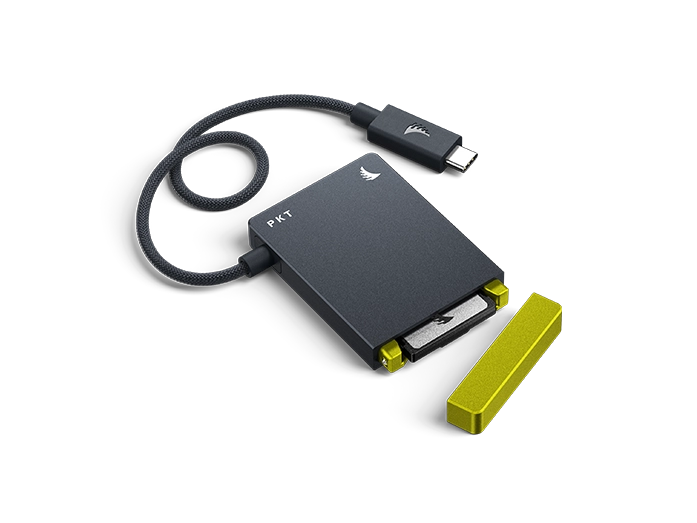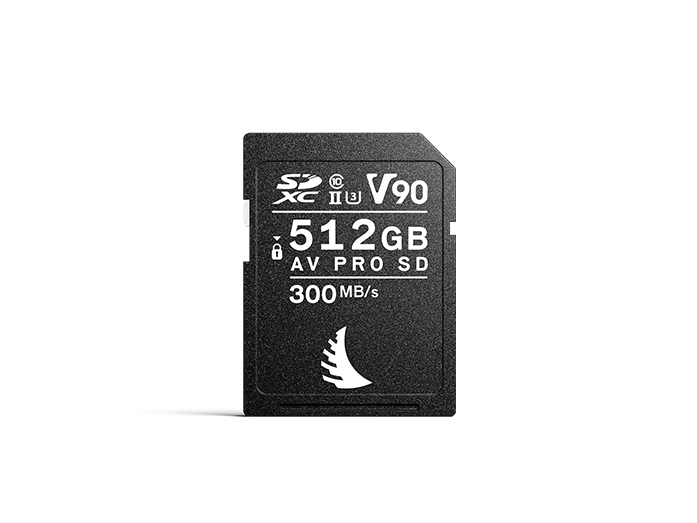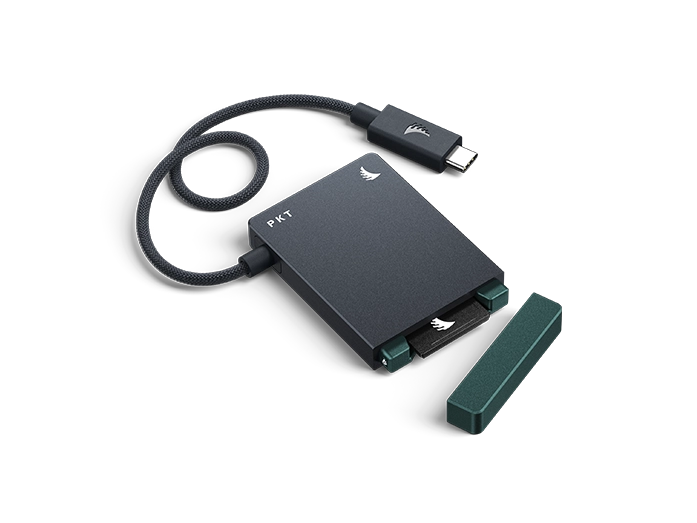Yuri Beletsky
Industry
Astrophotography
Specialization
Night sky
Products in use
AV PRO SE CFexpress B 2 TB
Card Reader PKT CFexpress B
Performance Card Reader CFexpress B
AV PRO SD V90 512 GB
Card Reader PKT SD
Yuri Beletsky is a professional astronomer and astrophotographer based in Chile. He captures the night sky from one of the world’s most iconic stargazing locations, the Atacama Desert. His work has been published by NASA and featured in outlets like Time Magazine.
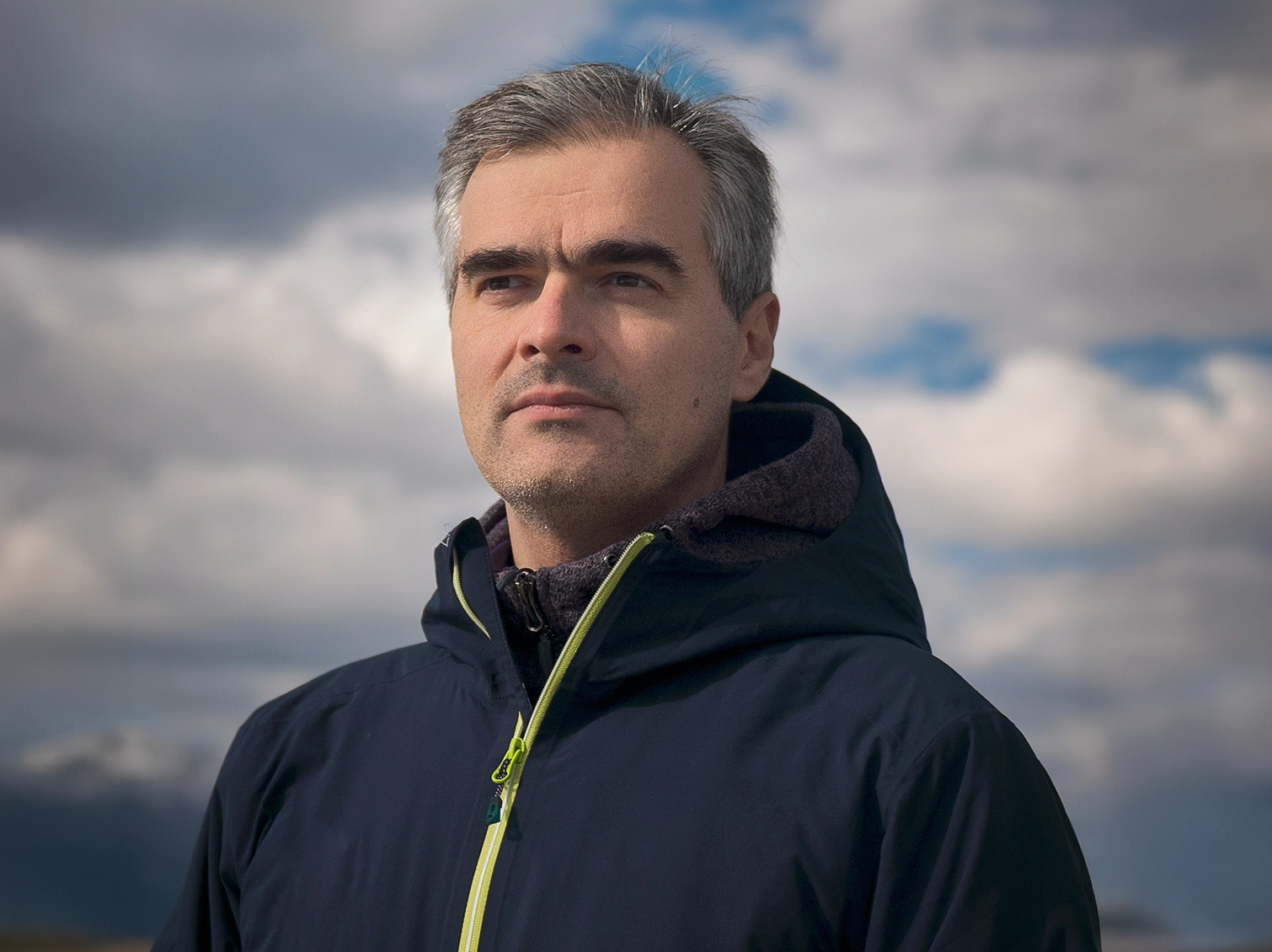
Capturing the night sky with astrophotographer Yuri Beletsky
Originally from Belarus, Yuri began taking photos in the 1980s with film cameras. He later paused this hobby until he moved to Chile to work as an astronomer at the European Southern Observatory. “From the day I arrived in 2006, I noticed incredibly clear skies,” he says. “It revived my passion immediately.”
At first, he was working with very basic gear. “Digital cameras were just coming onto the market,” he says. “So I bought my first digital camera and started experimenting.”
Within a few years, he was gaining recognition for his work. “It became a very serious passion,” he says.
At first, he was working with very basic gear. “Digital cameras were just coming onto the market,” he says. “So I bought my first digital camera and started experimenting.”
Within a few years, he was gaining recognition for his work. “It became a very serious passion,” he says.
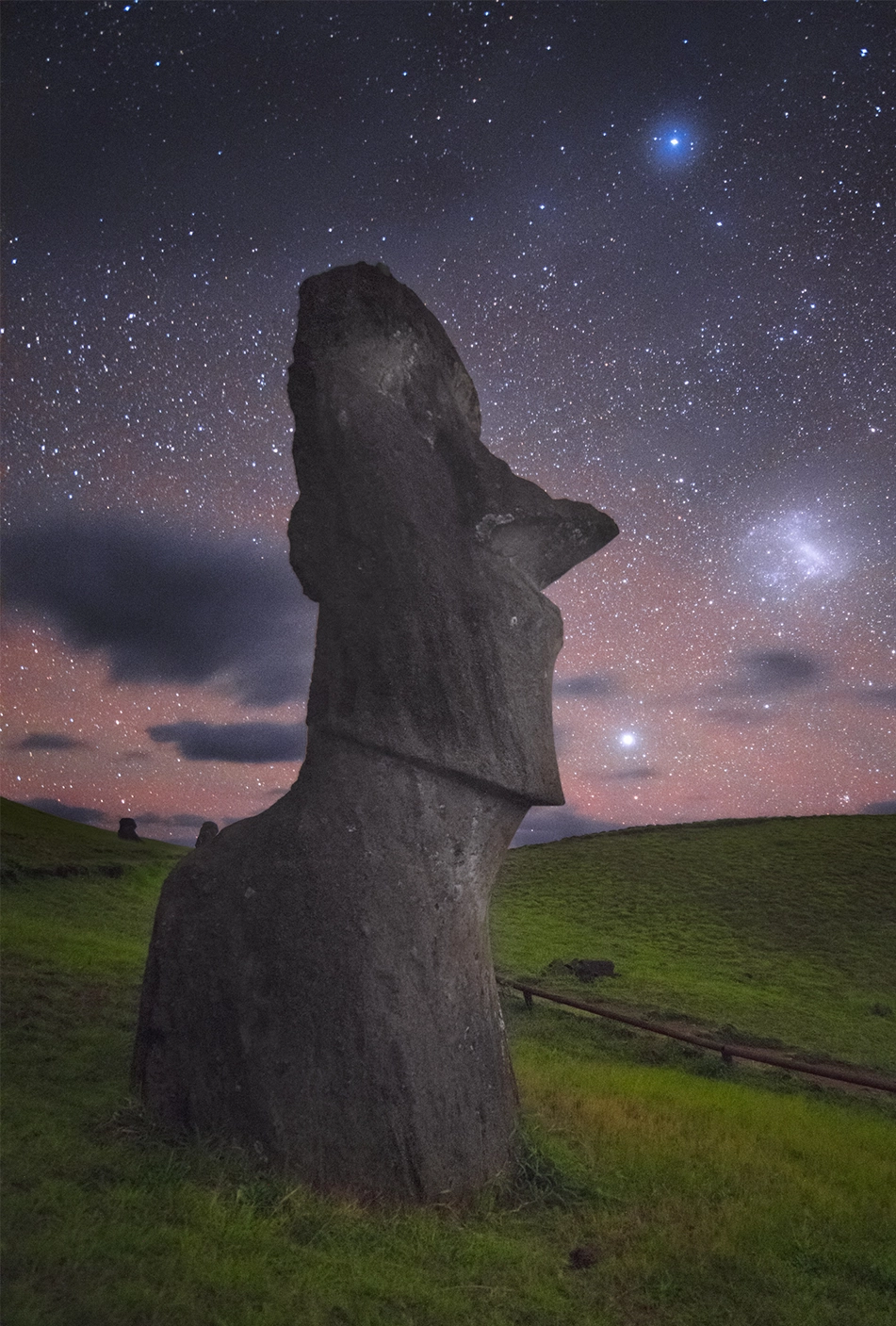
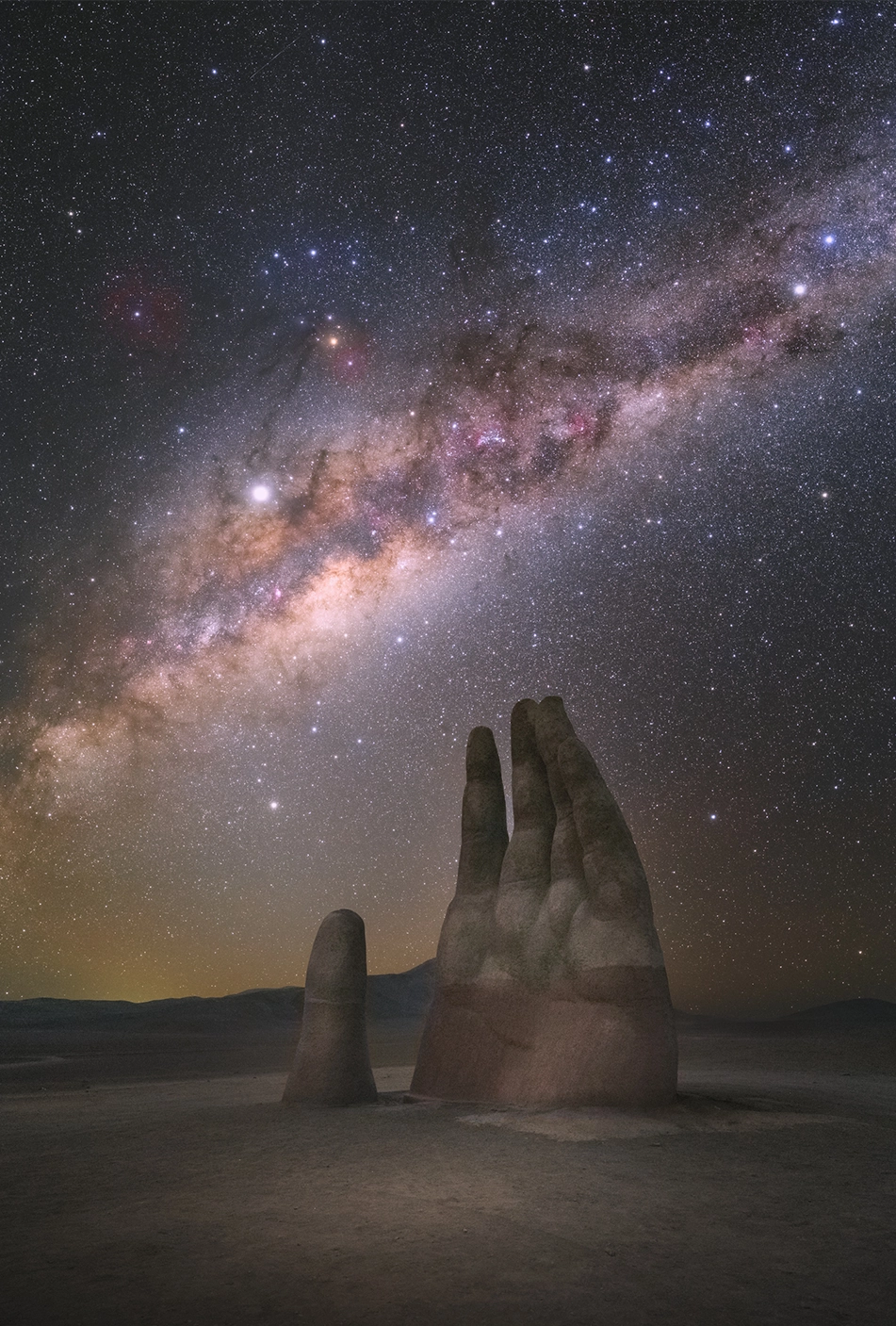
Learning to tell stories in the dark
Although Yuri had a professional background in astronomy, it took time to develop his photographic style. “In the beginning, I thought the most important thing in an image was the stars,” he says. “But I learned that a good nightscape photo needs both sky and foreground.”
That realization changed everything. “You work blind at night,” he explains. “So scouting is essential.” He now visits locations in daylight to plan compositions and understand the landscape.
He also had to learn photography fundamentals that weren’t related to his knowledge of the night sky. “You have to understand light, balance, and composition,” he says. “To be a good astrophotographer, you have to be a good photographer.”
That realization changed everything. “You work blind at night,” he explains. “So scouting is essential.” He now visits locations in daylight to plan compositions and understand the landscape.
He also had to learn photography fundamentals that weren’t related to his knowledge of the night sky. “You have to understand light, balance, and composition,” he says. “To be a good astrophotographer, you have to be a good photographer.”
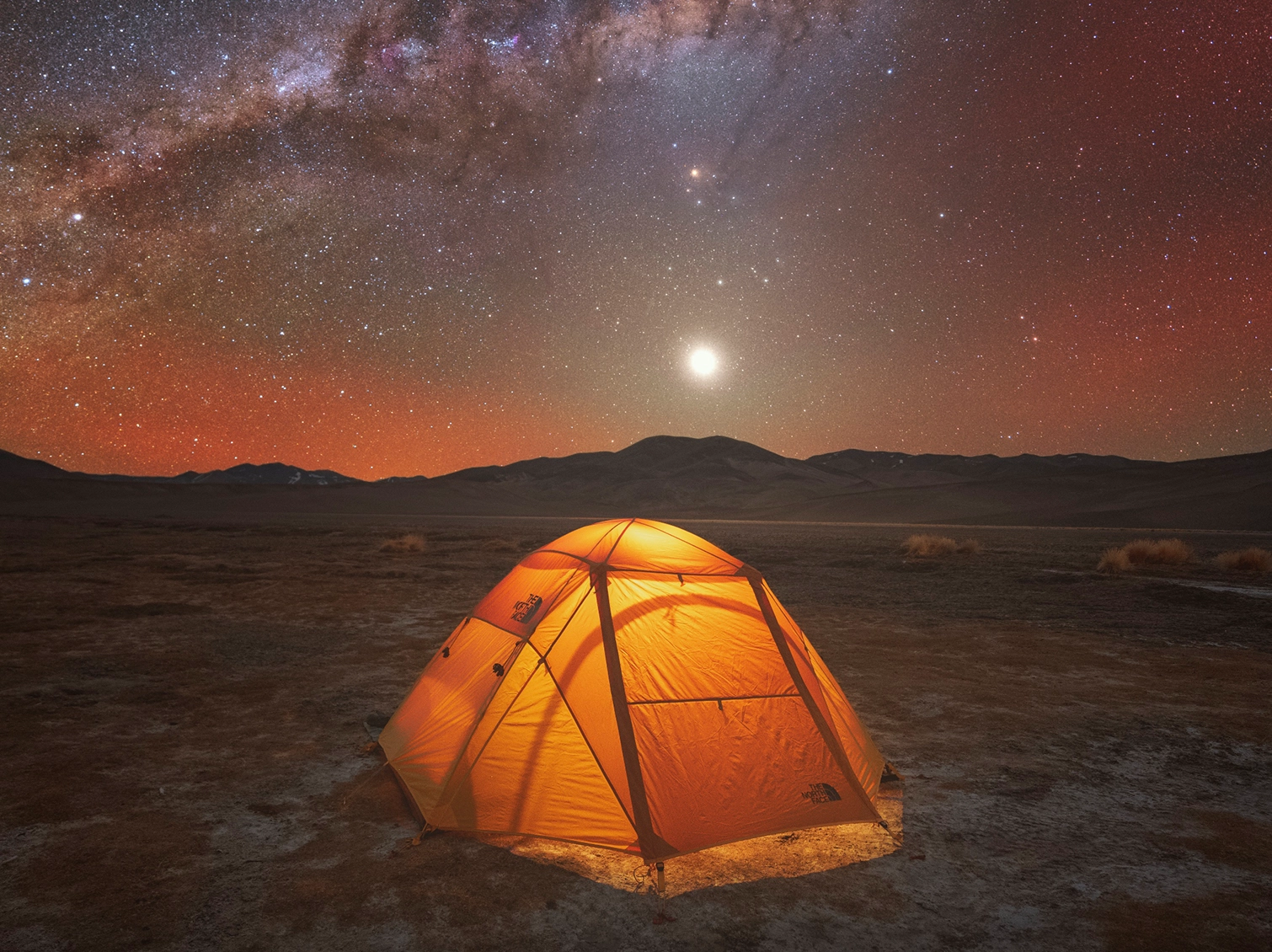
Workflow tip: back up photos immediately
Yuri’s most important advice? Always back up your images, especially in extreme environments. He learned this the hard way after a high-altitude expedition in Chile.
“I didn’t used to back up straight away — I would always wait until I got back home. But on one occasion, I finished my shoot and decided to take some extra photos to document my activities, just for fun. So I copied those photos and everything else on the card to my Angelbird solid-state drive (SSD).”
“When I tried to read the card (which was from another brand) the next day, it failed,” he says. “So that random backup saved the entire shoot. This was fortunate, because it was at the ALMA site in Chile, and it’s a once-in-a-lifetime opportunity to shoot there.”
“I didn’t used to back up straight away — I would always wait until I got back home. But on one occasion, I finished my shoot and decided to take some extra photos to document my activities, just for fun. So I copied those photos and everything else on the card to my Angelbird solid-state drive (SSD).”
“When I tried to read the card (which was from another brand) the next day, it failed,” he says. “So that random backup saved the entire shoot. This was fortunate, because it was at the ALMA site in Chile, and it’s a once-in-a-lifetime opportunity to shoot there.”
Career highlight: a two-week astrophotography trip in the desert
Yuri has taken photos all over the world. However, one of his favourite projects was an expedition to the European Southern Observatory sites across the Atacama Desert in 2014. His group spent nearly two weeks shooting across locations from 2000 to 5000 meters above sea level.
“There were a few photographers, including Christoph Malin, who also works for Angelbird,” he says. “It was an incredible experience with high altitudes, great conditions, and lots of knowledge-sharing.”
The project was a career highlight for Yuri, not just because of the photos, but because of the learning opportunities. “That was a big step up for me as an astrophotographer,” he explains.
“There were a few photographers, including Christoph Malin, who also works for Angelbird,” he says. “It was an incredible experience with high altitudes, great conditions, and lots of knowledge-sharing.”
The project was a career highlight for Yuri, not just because of the photos, but because of the learning opportunities. “That was a big step up for me as an astrophotographer,” he explains.
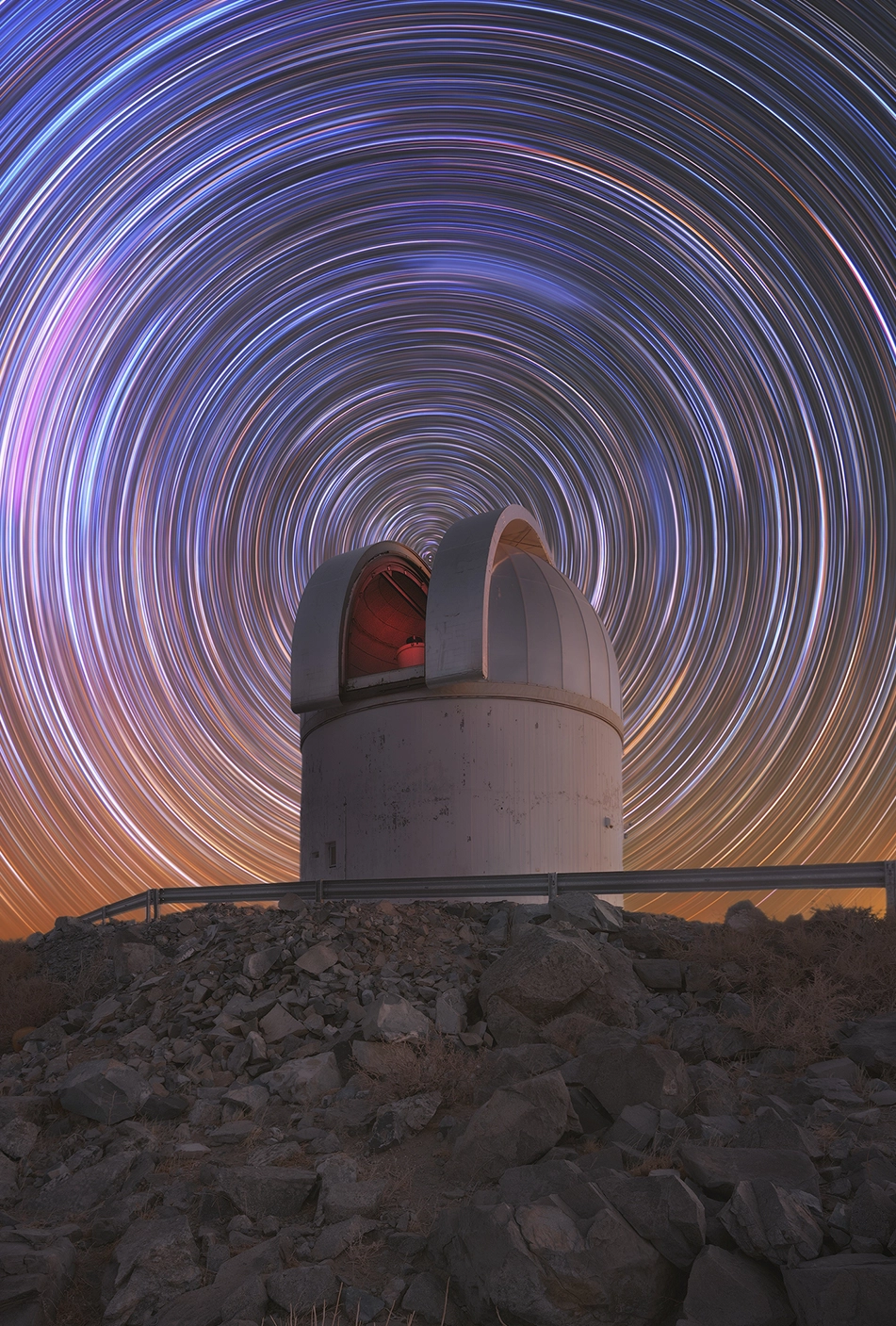
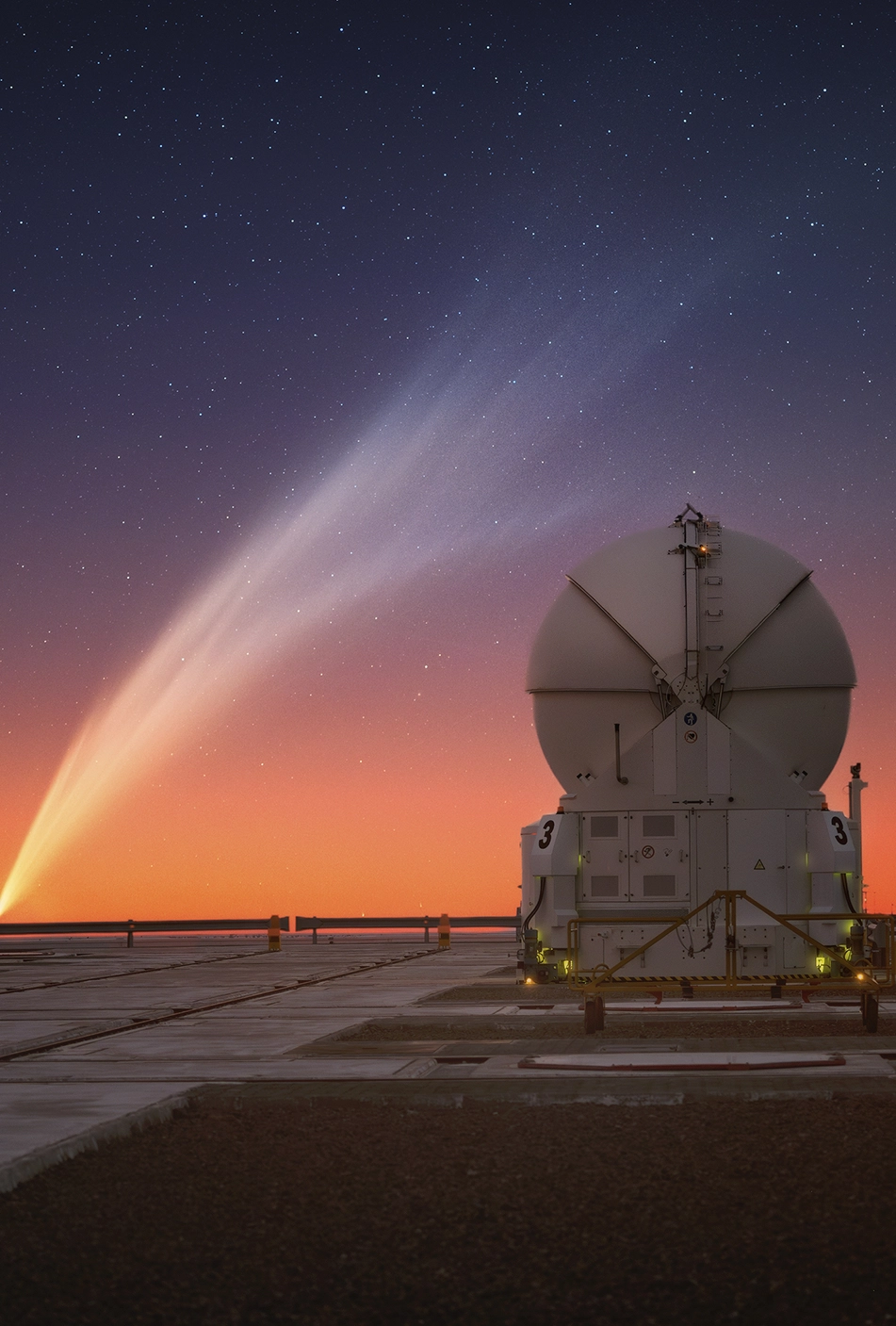
Meeting Angelbird on the mountain
That expedition was also Yuri’s introduction to Angelbird. “Christoph said, ‘Look, guys, I have something for you,’ and handed us these small Angelbird drives,” he recalls.
Although he hadn’t heard of Angelbird at the time, Yuri quickly became a fan. “It still works 11 years later,” he says of the same SSD drive. “It was a huge discovery. They’re small, light, and reliable — all very important at high altitude.”
Yuri continued using Angelbird gear for years as a regular customer. “After trying out the SSD drive, I began using more and more of their gear over time. So it was natural for me to join the Collective, because I really trust this brand.”
Although he hadn’t heard of Angelbird at the time, Yuri quickly became a fan. “It still works 11 years later,” he says of the same SSD drive. “It was a huge discovery. They’re small, light, and reliable — all very important at high altitude.”
Yuri continued using Angelbird gear for years as a regular customer. “After trying out the SSD drive, I began using more and more of their gear over time. So it was natural for me to join the Collective, because I really trust this brand.”
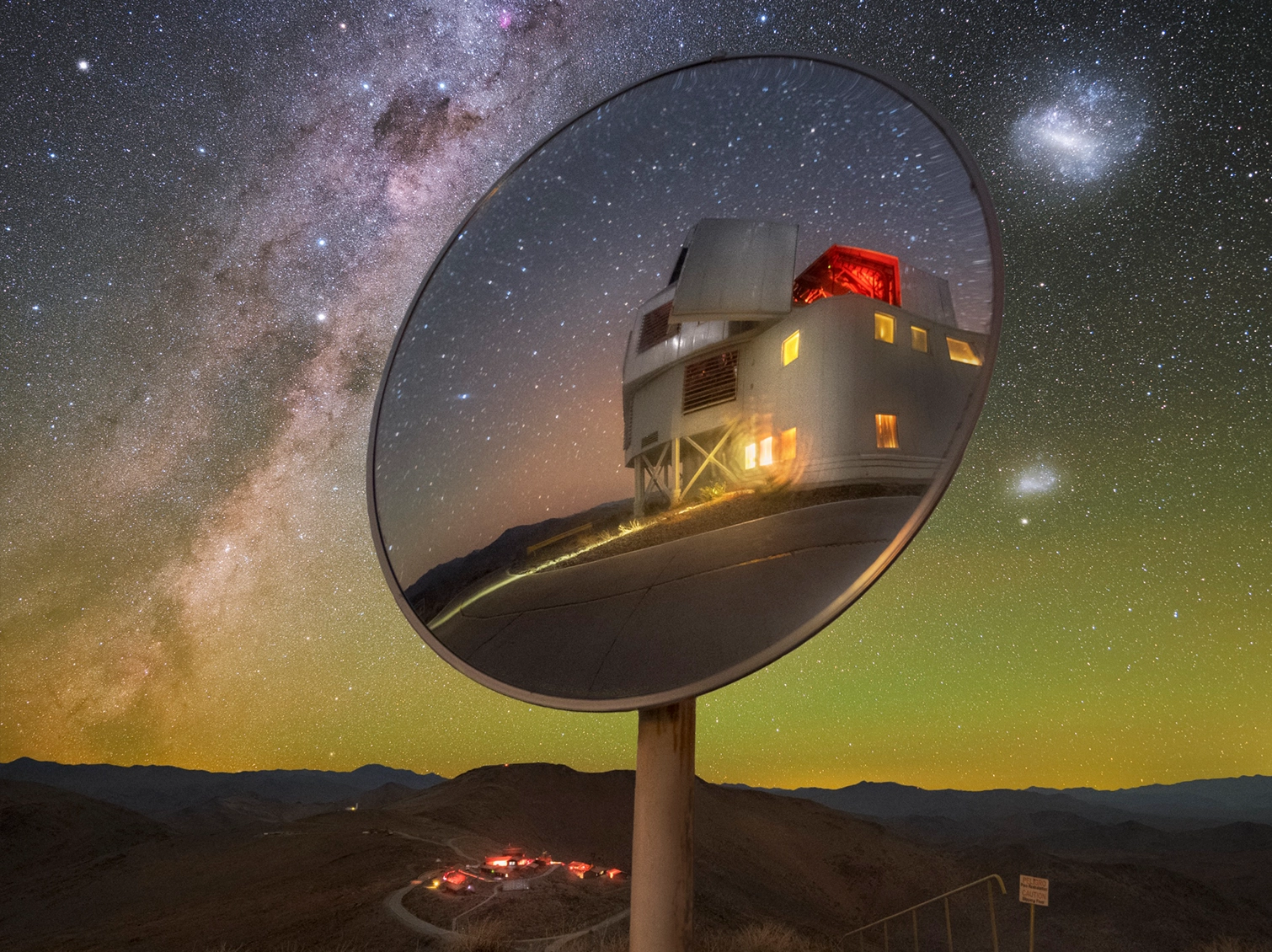
Relying on high-performance gear in extreme environments
Yuri primarily uses Angelbird’s SSD2GO PKT drive, AV PRO CFexpress cards, and Angelbird card readers. “I work in harsh conditions, with cold, wind, high altitudes. And their gear always just works,” he says.
He’s also clear on why high-end camera gear is worth the investment. “Products like these can be more expensive,” he says. “But over time, they actually save you money, because you don’t have to keep replacing them. And you won’t lose your photos either.”
He’s also clear on why high-end camera gear is worth the investment. “Products like these can be more expensive,” he says. “But over time, they actually save you money, because you don’t have to keep replacing them. And you won’t lose your photos either.”
Choosing the right astrophotography gear for extreme low-light conditions
Yuri shoots with Canon, Sony, and Nikon cameras, depending on the project. His gear includes the Sony A7S, A7S II, and A7 IV; the Nikon Z7 II and Z8; and Canon’s 6D, R6, and R6 II models. “All of them have their strengths,” he says. “You have to choose the right one for the job.”
He pairs them with fast lenses, often in the f/1.4 to f/2.0 range, to maximize low-light performance. He also uses motorized tracking mounts to follow the sky during long exposures. “We sometimes take exposures for minutes,” he explains. “To avoid star trails, you have to follow the rotation of the Earth.”
Fast lenses and sensitive cameras are essential for this work. “In astrophotography, you’re working in extremely low light — practically zero light. So your gear matters a lot,” Yuri says.
He pairs them with fast lenses, often in the f/1.4 to f/2.0 range, to maximize low-light performance. He also uses motorized tracking mounts to follow the sky during long exposures. “We sometimes take exposures for minutes,” he explains. “To avoid star trails, you have to follow the rotation of the Earth.”
Fast lenses and sensitive cameras are essential for this work. “In astrophotography, you’re working in extremely low light — practically zero light. So your gear matters a lot,” Yuri says.
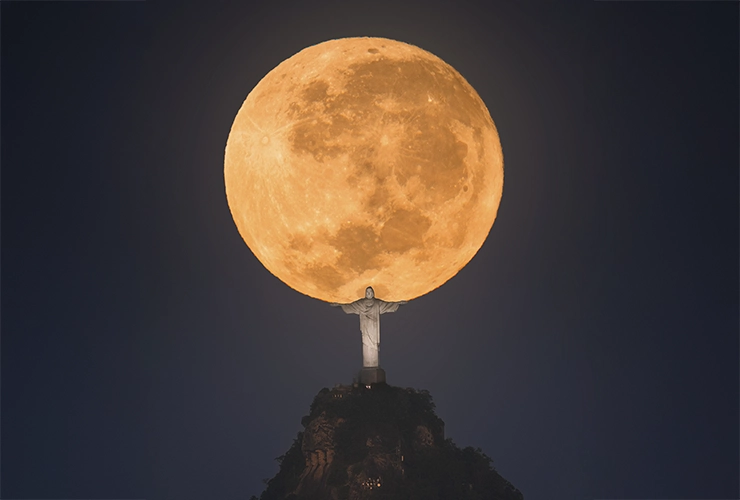
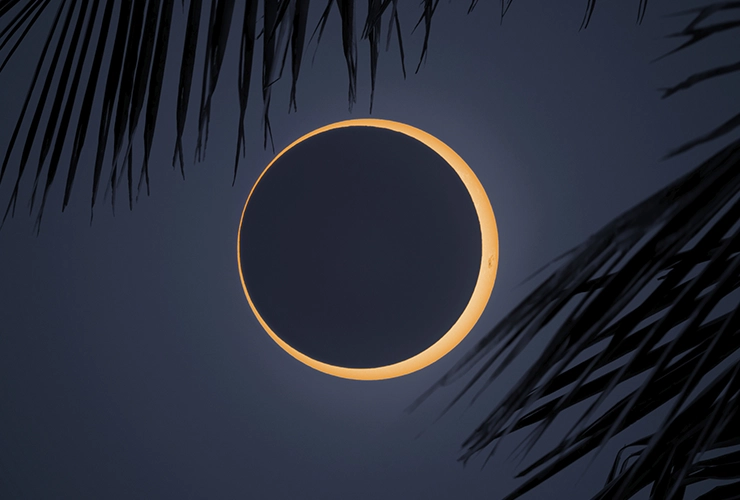
Yuri’s advice for new creators
Yuri encourages new photographers to focus on learning and passion — not just gear. “Never stop learning,” he says. “Stay sharp, learn new techniques. This is how you’ll stay relevant and find better ways to be creative.”
Yuri also believes that this continuous learning goes hand-in-hand with being genuinely invested in your creative pursuits.
“Whatever you do, do it out of passion,” he explains. “The most successful people I’ve met in my life are passionate about the topic — whether they’re a photographer, a businessperson, or something else.”
Yuri also believes that this continuous learning goes hand-in-hand with being genuinely invested in your creative pursuits.
“Whatever you do, do it out of passion,” he explains. “The most successful people I’ve met in my life are passionate about the topic — whether they’re a photographer, a businessperson, or something else.”
Using social media to find community
Yuri says that while some people dislike social media, he finds it invaluable for connecting with others. “Social media is like any other tool,” he remarks. “You have to know how to use it properly.”
He avoids online noise and focuses instead on sharing his passion and connecting with like-minded creators. “I use social media to reach people who care about the same things,” he explains. “If you stay focused on your passions, it becomes a great way to learn, grow, and share your work.”
Yuri credits the platform with helping him discover new techniques, connect with peers, and find others with the same passion. “You just have to use it for the right reasons,” he says. “If you do, it can be very enjoyable.”
He avoids online noise and focuses instead on sharing his passion and connecting with like-minded creators. “I use social media to reach people who care about the same things,” he explains. “If you stay focused on your passions, it becomes a great way to learn, grow, and share your work.”
Yuri credits the platform with helping him discover new techniques, connect with peers, and find others with the same passion. “You just have to use it for the right reasons,” he says. “If you do, it can be very enjoyable.”
Staying inspired by change
Despite his decades of experience, Yuri says the night sky still keeps him motivated. “It’s not a landscape frozen in time. It’s dynamic and constantly changing,” he says. “There are eclipses, meteors, atmospheric phenomena like the Aurora Borealis…there’s always something new.”
He finds joy in chasing those moments. “Nature is so unpredictable. It always gives you something rewarding.”
He finds joy in chasing those moments. “Nature is so unpredictable. It always gives you something rewarding.”
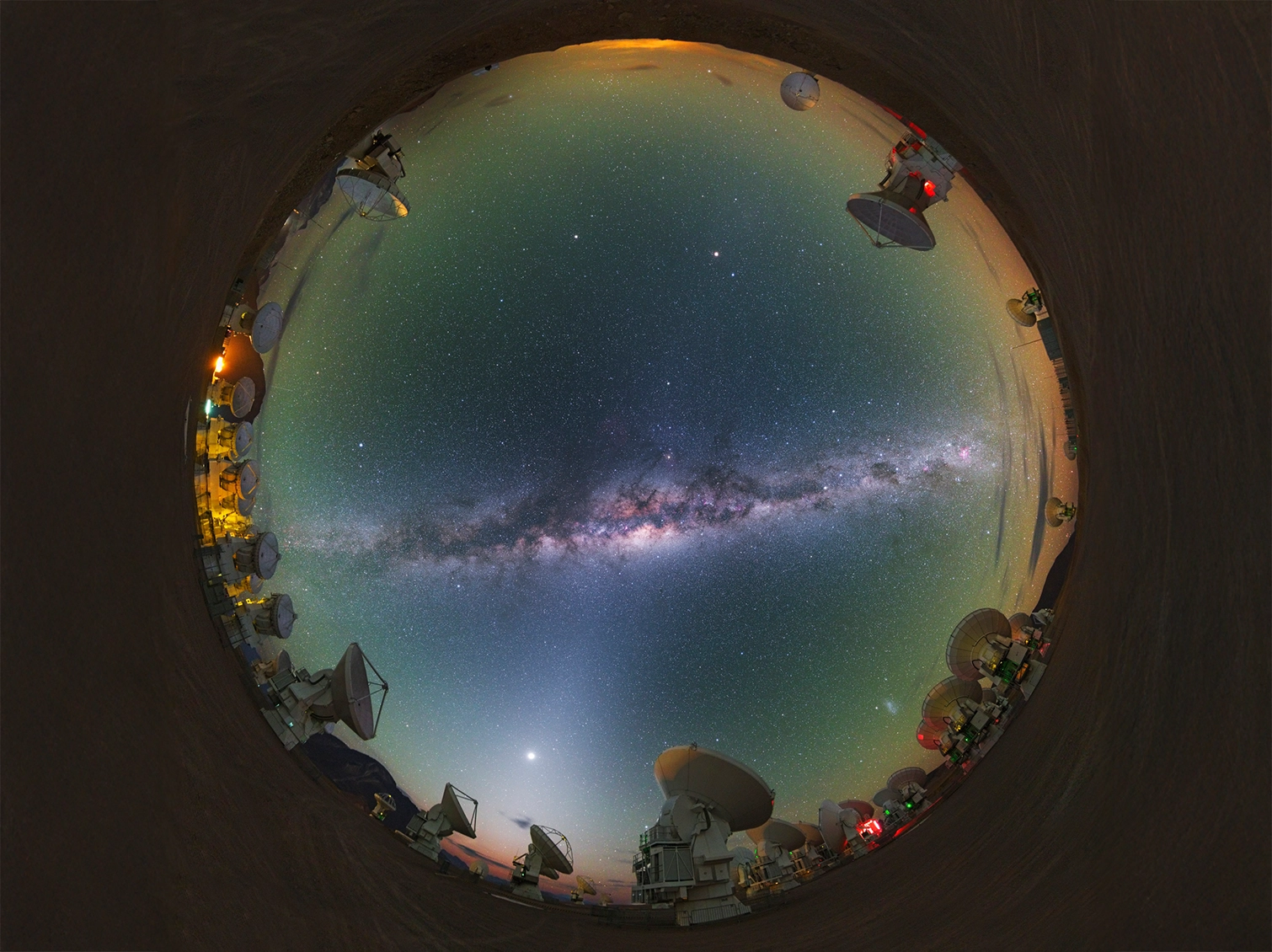
Finding creative freedom in the quiet
For Yuri, creative freedom means being completely immersed in the work, without distraction. “There’s no one around. It’s just you and the sky,” he says.
That solitude brings clarity. “You feel like you can do whatever you want. It’s incredibly liberating,” he says. “No distractions, no deadlines. Just you making your own choices.”
Thanks for being part of the Angelbird Collective, Yuri. We look forward to seeing what you do next as you enjoy creative freedom — without limits.
Connect with Yuri online:
instagram.com/YuriBeletsky
x.com/ybeletsky
That solitude brings clarity. “You feel like you can do whatever you want. It’s incredibly liberating,” he says. “No distractions, no deadlines. Just you making your own choices.”
Thanks for being part of the Angelbird Collective, Yuri. We look forward to seeing what you do next as you enjoy creative freedom — without limits.
Connect with Yuri online:
instagram.com/YuriBeletsky
x.com/ybeletsky
Product in use
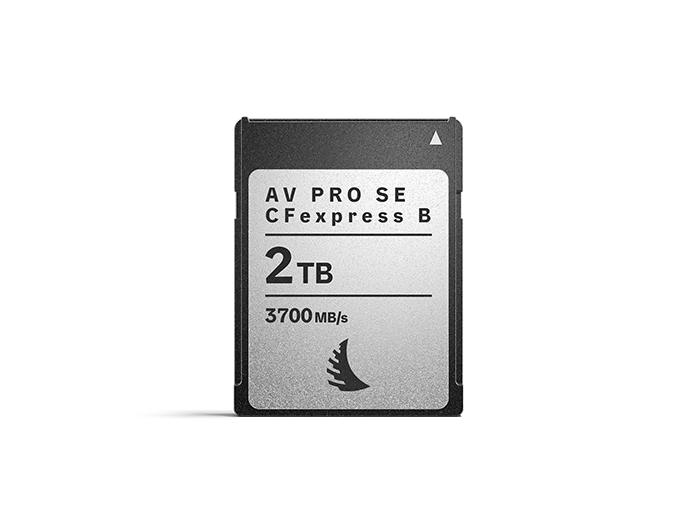
Out of stock
AV PRO SE CFexpress B
2 TB
CFexpress™ v4 Type B
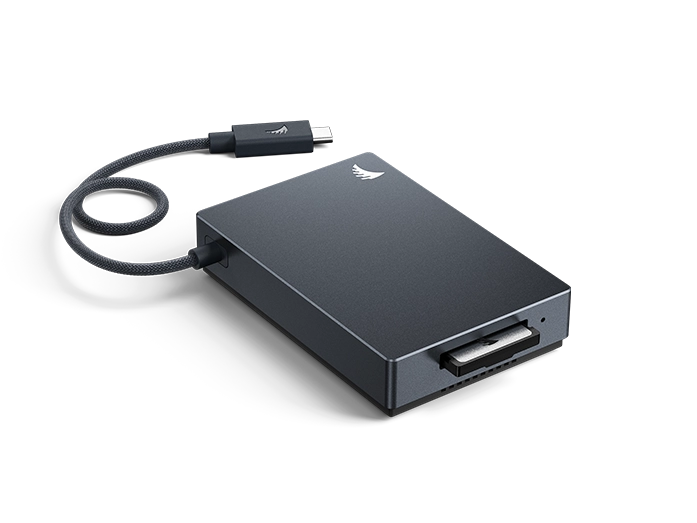
Performance Card Reader
CFexpress B
CFexpress™ Type B
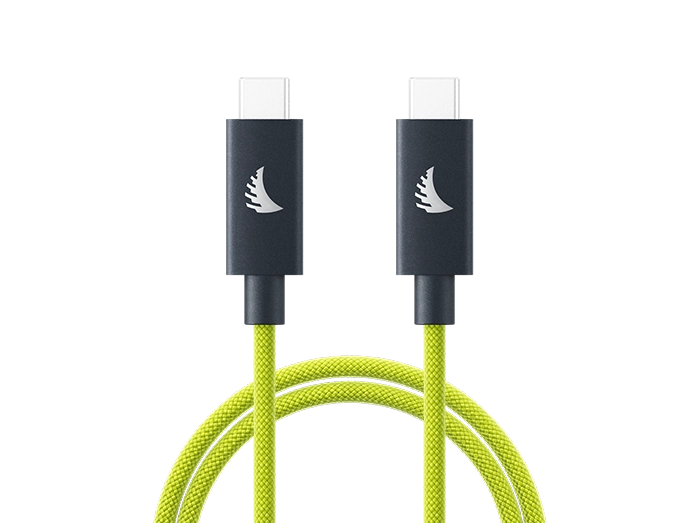
Not available
New
USB-C 4.0 Solid Flex™ Cable
Lime 2 m | 6.6 ft
USB 4.0 Gen 3x2, up to 40 Gb/s
